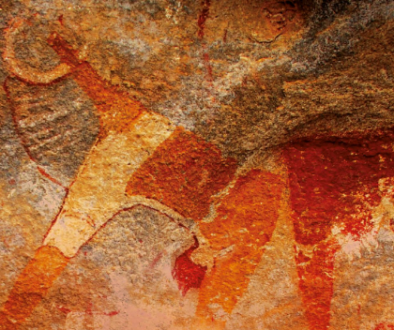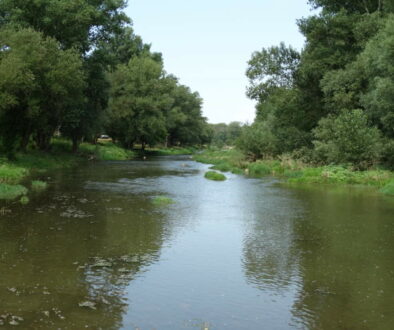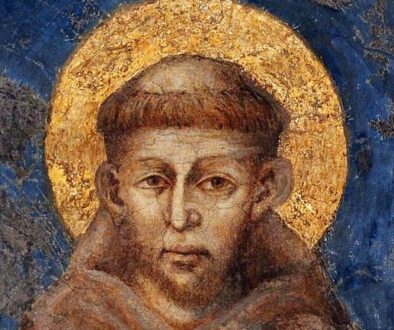Cultural Transformation and Conservation: Growth, Influence, and Challenges for the Judeo-Christian Stewardship Environmental Ethic
Van Dyke, Fred2006
This document contains a reflection on the important role that Christianity could have in tackling the world’s environmental problems. It begins by looking at the changes that have occurred over the last 30 years, before continuing to discuss in a context of the American scientific world how Judeo-Christian traditions have changed from being seen as one of the causes of the current ecological crisis, to being seen as one of its solutions. Subsequently, this document examines the many different events and processes that have been involved in this transition and analyses what this change in our world-view consists of and how it should be brought to a successful conclusion. According to the Judeo-Christian tradition, man as a manager or administrator has no obligation to preserve any particular state of nature; rather, he must work with God and cooperate with His aims for the natural world: rendition, reconciliation and restoration. Man’s efforts must be directed at these objectives, thereby leading to a transformation in conservationist culture and the provision of greater dignity, coherence and meaning to its aims. Humankind’s service to the world begins with its presence on Earth. All creatures on Earth should seek to benefit from the service and protection offered by humankind, although their life’s-work should aim to serve them as an offering to God. It includes examples showing the efficiency of environmental actions based on religious values.
Reference
American Scientific Affiliation. Van Dyke, Fred. “Cultural Transformation and Conservation: Growth, Influence, and Challenges for the Judeo-Christian Stewardship Environmental Ethic” [On-line]. Perspectives on Science and Christian Faith. Vol. 58 (2006), nº. 1, p. 48-63. <http://www.asa3.org/ASA/PSCF/2006/PSCF3-06dyn.html> [Consulted: 6 May 2016].




